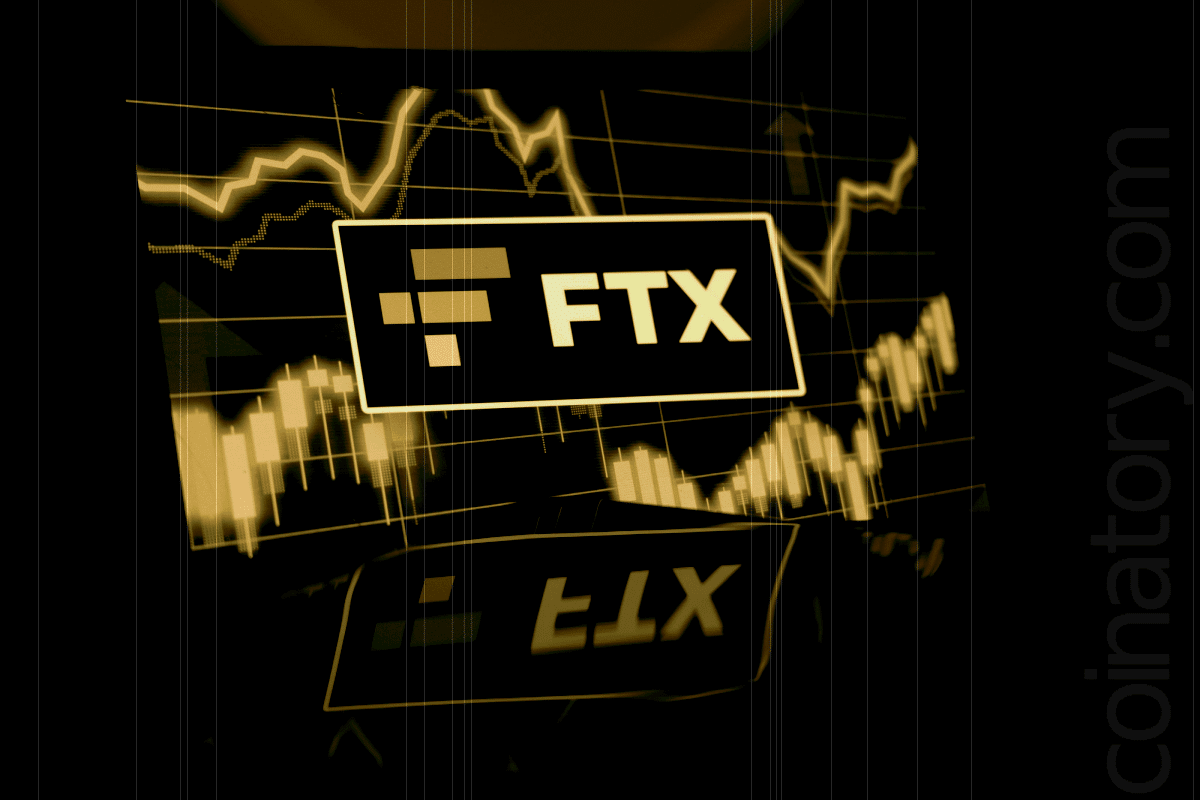
The FTX estate, overseeing the 2022 bankruptcy proceedings, has petitioned a Delaware court for additional time to address more than 90 formal objections to its plan to suspend repayments to creditors in 49 defined “restricted foreign jurisdictions,” which includes China—a jurisdiction responsible for approximately 82% ($380 million) of the disputed claims. This motion followed the filing of the initial stay motion and comes ahead of a Tuesday hearing. According to court filings, the FTX Recovery Trust requires more time to draft and file a comprehensive reply .
FTX’s original motion cites concerns over potential regulatory violations: disbursing funds to creditors in countries with ambiguous or stringent cryptocurrency regulations might expose the trust’s directors to personal liability, fines, or even criminal sanctions . The motion specifically targets $470 million in claims from these jurisdictions, with a significant proportion tied to Chinese creditors .
Creditors Push Back
Chinese creditor representative Weiwei Ji, representing hundreds of claimants, expressed frustration with the estate’s filing, stating:
“Since this morning, I haven’t taken a single break after seeing FTX’s omnibus reply to our objections.”
Crypto commentator “Mr. Purple,” posting on X, warned that Judge Owens’ approval could drive these claims “to $0,” characterizing the process as rigged, though acknowledging that selling claims might offer a limited escape route .
Meanwhile, FTX creditor Sunil Kavuri highlighted the broader scope of unresolved claims: $1.4 billion remains in limbo, awaiting a resolution .
Repayment Timeline
FTX initiated repayments in February 2025—over two years following the November 2022 bankruptcy filing . The delay underlines the complex international dimensions of the case, particularly given the vast concentration of claims in China and other jurisdictions with restrictive crypto laws.







